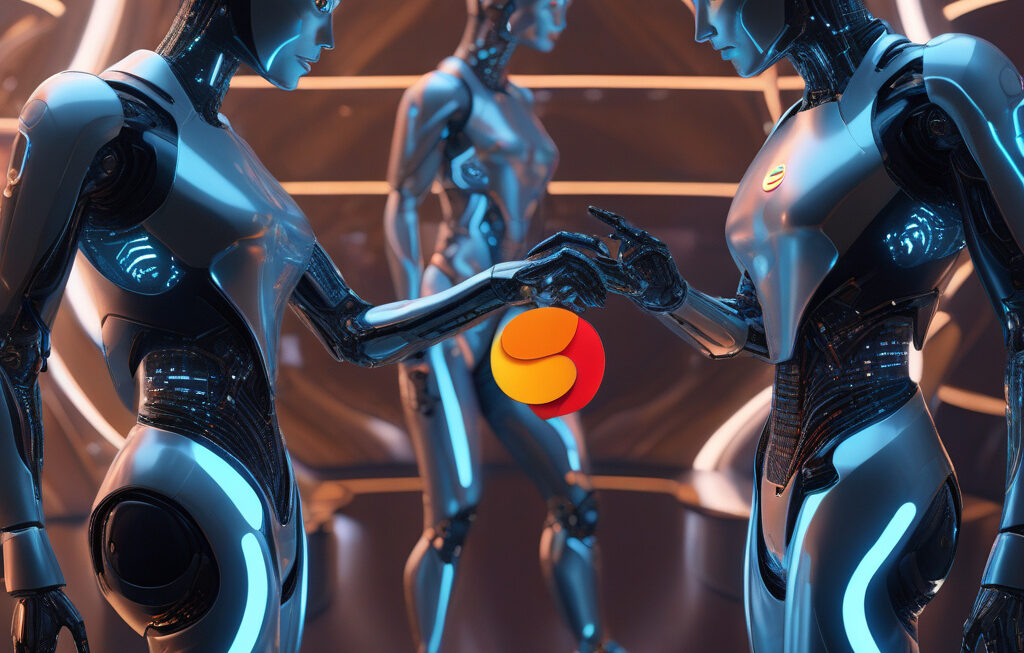AI Threatens the Future of Entry Level Jobs
Artificial intelligence (AI) has long been touted as a revolutionary force that will transform industries and streamline processes. However, recent reports have revealed a concerning trend – AI could replace up to half of all entry-level jobs, leading to fears that traditional career paths are being upended.
The rapid advancement of AI technology has enabled machines to perform tasks that were once thought to be the sole domain of humans. From customer service roles to data entry positions, AI is increasingly being integrated into various industries to increase efficiency and reduce costs. While this may be beneficial for companies looking to streamline their operations, the implications for entry-level workers are profound.
One of the main concerns surrounding the rise of AI is the potential loss of jobs for those in entry-level positions. As machines become more adept at performing routine tasks, there is a real risk that human workers will be replaced by AI-powered systems. This could have far-reaching consequences for individuals who rely on entry-level jobs as a stepping stone into the workforce.
Moreover, the displacement of entry-level workers by AI could have broader societal impacts. Without access to entry-level positions, many individuals may struggle to gain a foothold in the job market, leading to increased inequality and economic instability. Additionally, the loss of entry-level jobs could hinder social mobility and exacerbate existing disparities in wealth and opportunity.
Despite these challenges, there are steps that can be taken to mitigate the impact of AI on entry-level jobs. One potential solution is to focus on upskilling and reskilling the workforce to prepare individuals for the jobs of the future. By investing in training programs that equip workers with the skills needed to thrive in an AI-driven economy, companies can help ensure that their employees remain relevant and competitive in the labor market.
Furthermore, policymakers can play a crucial role in addressing the challenges posed by AI by implementing regulations and policies that safeguard workers’ rights and promote job creation. By fostering a supportive environment for innovation and entrepreneurship, governments can help create new opportunities for entry-level workers and ensure that the benefits of AI are shared equitably across society.
In conclusion, the rise of AI poses a significant threat to the future of entry-level jobs. As machines become increasingly adept at performing routine tasks, there is a real risk that human workers will be displaced by AI-powered systems. However, by investing in upskilling initiatives and implementing supportive policies, we can help mitigate the impact of AI on entry-level jobs and ensure that workers are equipped to succeed in an ever-changing economy.
AI, Entry Level Jobs, Artificial Intelligence, Workforce, Upskilling












